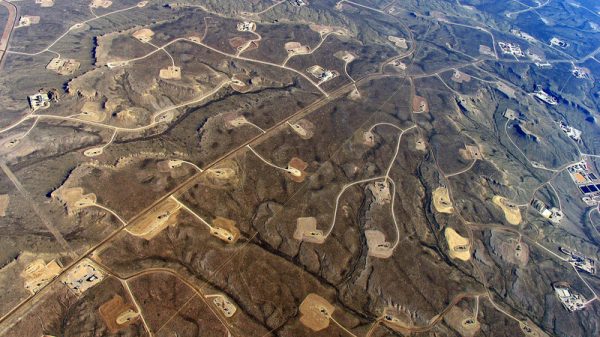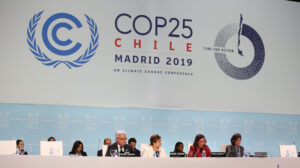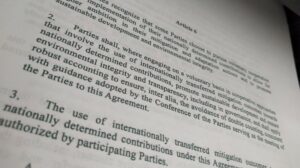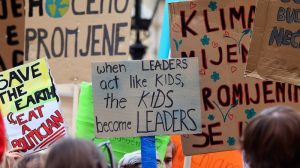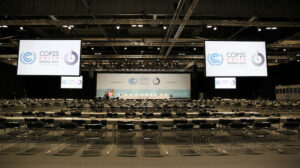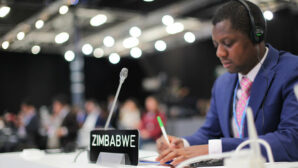Comment
Finally saying the F-words at UN climate talks
International negotiations have always focused on carbon emissions, not the coal, oil and gas that create them. That’s changing
How Cop25 turned its back on climate action
The final text released after a marathon talks harked back to a deal made in Paris that placed no requirement on most countries to raise their targets until 2025
Cop25: What was achieved and where to next?
After two weeks of talks, many issues remain unresolved. Here we break down the major fights and minor breakthroughs of the UN conference in Madrid
Carbon markets will not help stop climate change
Trading carbon is widely said to make emissions cuts cheaper. But for whom? And why is it dominating climate diplomacy in Madrid?
The UN climate talks can tackle fossil fuels head-on: here’s how
The UN process has largely ignored the production of fossil fuels. That can, and must, change
One of the world’s biggest emitters is trying to fly under the radar at Cop25
Australia is the third biggest fossil fuel exporter, has high emissions and plans to use a loophole to meet its pledges. Don’t let them stay in the background
We really may have just 11 years to save the climate
As the crisis becomes dominated by urgent survival needs, the political window to prevent further climate change will close
Businesses need strong climate policy as they aim for net-zero
Corporate leaders across the world are calling on governments to support their efforts by providing clear, ambitious plans to cut emissions
‘Common timeframes’: How they could speed or slow climate action
Russia and Japan want ten years. Vulnerable countries want five. Why the alignment the world’s climate plans is a contest of ambition
The UK must steer the Paris Agreement out of its ‘perilous decade’
Demands for action are outstripping political will. The diplomatic task of bridging the expectations gap falls to the hosts of next year’s climate talks
Loss and damage: Who pays for the impacts of the heated Earth?
The current system for accounting for loss and damage from climate change is contentious and up for review at UN talks in Madrid
In a climate emergency, there must be compensation for victims
With impacts spreading, declarations of climate emergency are worthless unless those making them help the afflicted
What is Article 6? The issue climate negotiators cannot agree
It has proven the hardest part of the Paris Agreement to create rules for, with warnings a weak decision could undermine the accord. Now it will dominate UN talks in Madrid
Climate policy needs to reflect resilience of northern indigenous communities
Indigenous groups in Canada have developed societal structures to cope with climate change without relying on federal policies. We need to learn from them
The world is awash with fossil fuels – it’s time to cut off supply
Australia is a major contributor to the world’s fossil fuel supply problem. It must set production targets aligned with global climate goals
The world’s foremost energy outlook is still leading us to catastrophic climate change
Small improvements to the IEA’s authoritative report do little to guide governments, companies or investors towards a clean economic transformation
Economic opportunity should see US get on board with shipping clean-up
Shipping is finally playing catch-up on air pollution standards, but the US is slow-balling attempts to agree cleaner targets
Our food system is broken. Here’s how we fix it
Transforming how we use land represents a $4.5 trillion per year business opportunity, we must now find the political courage to act
Chile has abandoned hosting Cop25, we cannot abandon its people
As the UN talks move elsewhere, the international community must remain deeply vigilant about the potential for continued and escalating repression in Chile
How to make the Green Climate Fund a better force for change
Vastly more of the fund’s money should go to projects that adapt to the impacts of climate change
